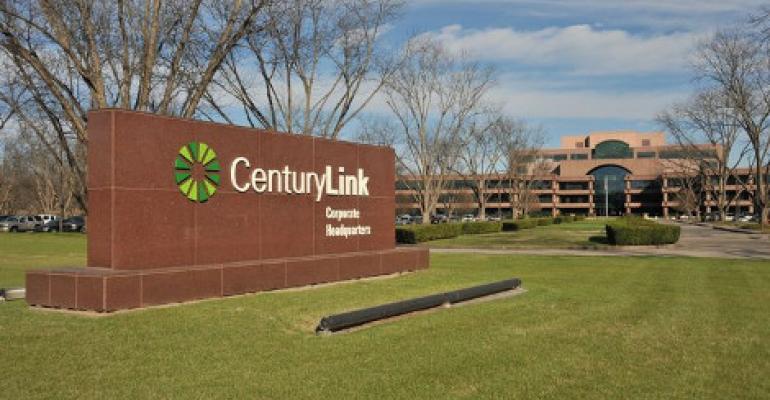CenturyLink Technology Solutions has added a fast-track way to deploy Cloudera’s Hadoop distribution and management platform on its Infrastructure-as-a-Service cloud.
The company introduced six new Cloudera cluster configuration options, or “blueprints,” to its portfolio. Key value of the blueprints, according to CenturyLink, is automation of many steps usually required to stand up a Hadoop cluster running Cloudera.
Deploying it across a four-node cluster, for example, requires more than 180 steps, Ben Brauer, senior manager of product marketing at CenturyLink, wrote in a blog post announcing the addition. Four nodes is CenturyLink’s basic configuration of a Cloudera cluster and takes a few mouse clicks to set up, but users can add more nodes quickly, without having to configure each of them.
“Automating a four-node cluster with Cloudera installed is no easy task,” Brauer wrote. “The sheer number of automated steps and their precise sequenced timing required some brain-twisting and a whole lot of architectural sophistication.”
For high performance, users can run deploy Hadoop clusters on the provider’s eight-CPU Hyperscale cloud instances, which perform better than comparable instances on AWS or Rackspace clouds, CenturyLink said, citing a study by CloudHarmony, a company that performs independent cloud performance testing.
The service is managed, which means CenturyLink will take care of things like software updates, patching, and cluster management.
The company makes it easy to predict how much any particular blueprint configuration will cost per hour or per month. That predictability extends to the six Cloudera blueprints.
As an example, one of the configurations, a four-instance cluster of Hyperscale cloud servers with 128 GB of memory, 3,748 GB of storage, Cloudera Manager and Hadoop JobTracker, will run about $8.80 per hour or about $6,300 per month.
Three of the configurations vary in cluster size, Hadoop components involved, and level of support and management. The other three are different configurations of additional nodes a cluster can be expanded with.
The base configurations range in price from $2 per hour for the one-server Express option to about $11 per hour for the four-server Basic option that includes HBase, the open source non-relational database designed for big data applications.






